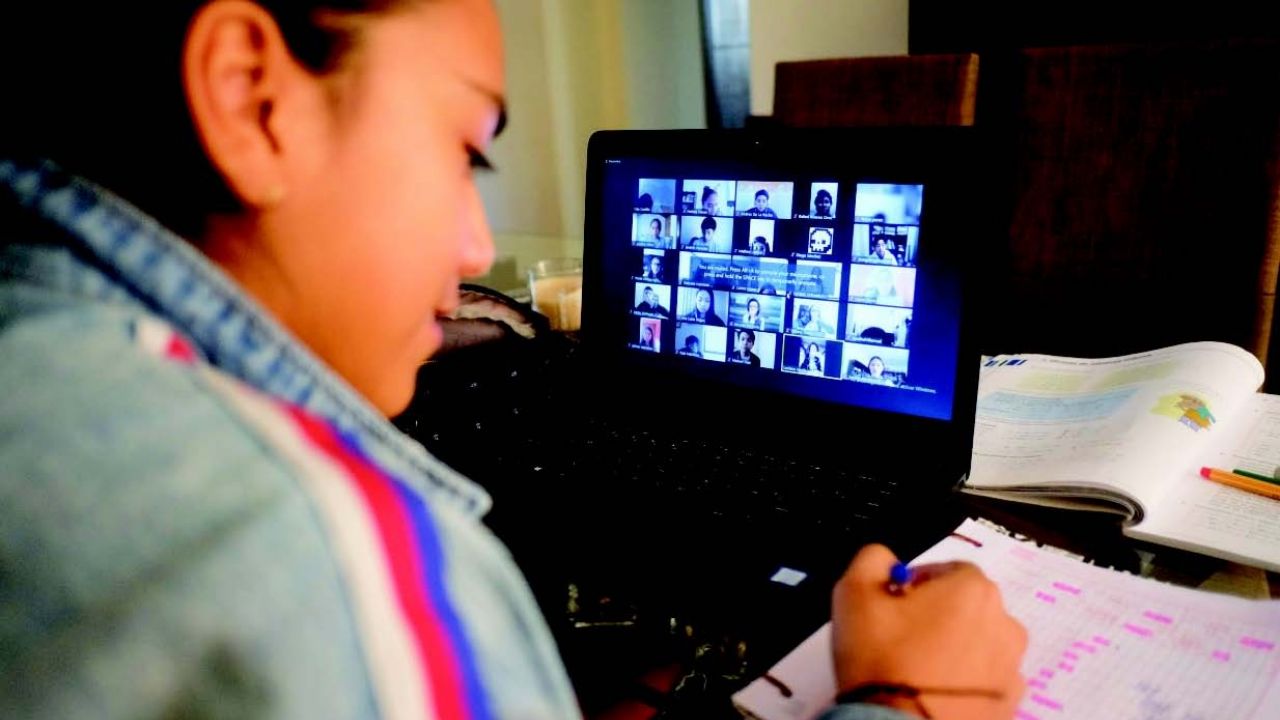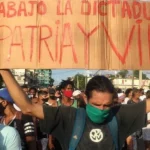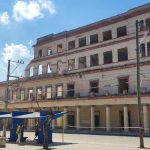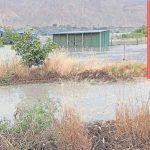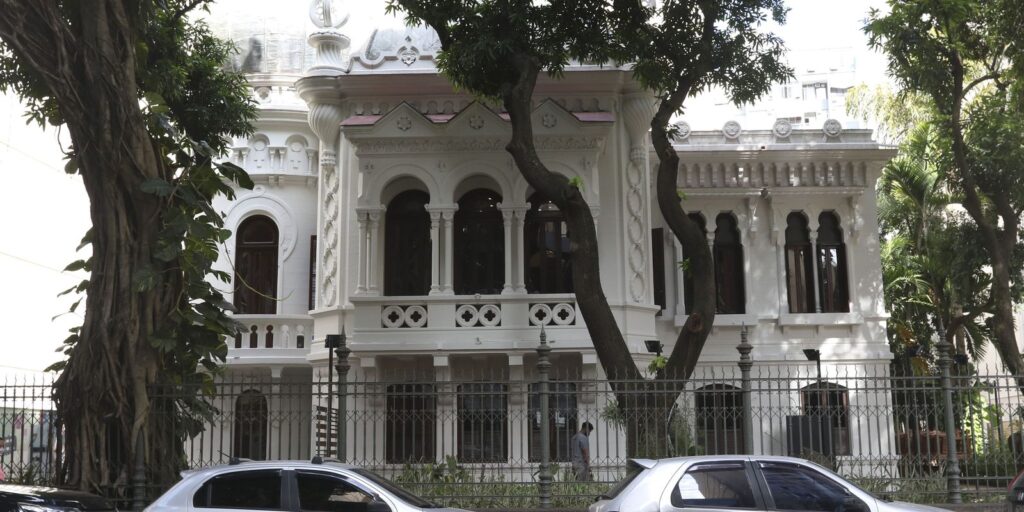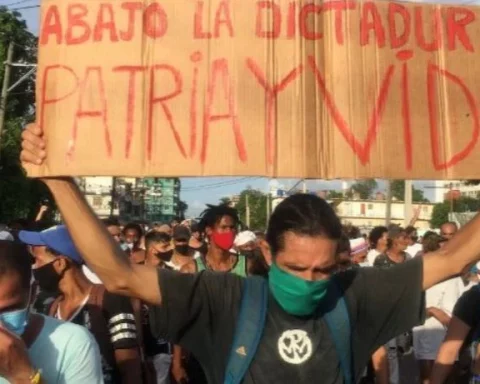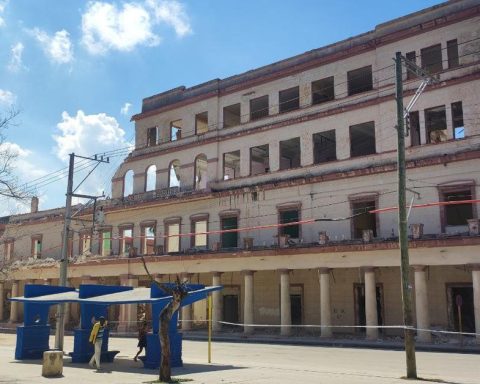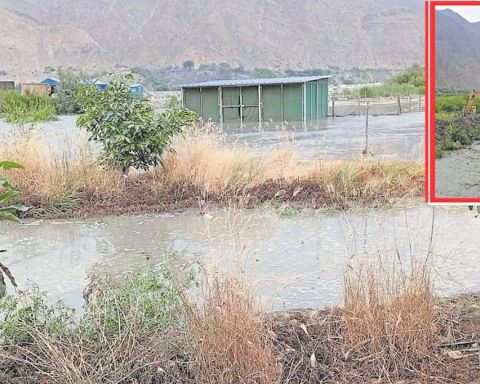Page Seven / La Paz
This February 1, the start of school work will be carried out virtually in the nine capitals due to the increase in covid cases, the Minister of Education, Édgar Pary, reported yesterday. In La Paz, the Departmental Health Service (Headquarters) warned that it is not prudent to return to the face-to-face modality and warned that 10 children have lost their lives due to the coronavirus so far in the fourth wave of the pandemic.
“In the capitals it is defined that (the modality for the start of classes) is virtual distance education” said Pary, yesterday at a press conference.
He indicated that this plan will be applied from next February 1, the day of the start of school management 2022.
According to the authority, this determination was made in accordance with the epidemiological report of the Ministry of Health and the departmental health services. This report indicates that the fourth wave continues with a de-escalation of cases that is still slow.
“It is important to take into account the (epidemiological) report, because health comes first. Second, it is to guarantee the education of our boys, girls and young people”, added the Minister of Education.
The Headquarters of La Paz indicated yesterday that at this time the start of face-to-face classes in both urban and rural areas is not recommended. This entity warned that in the fourth wave this department registered an increase in infections in children. For example, before, in a week, it reported four cases, now they reach 30.
The Headquarters -in addition- warned that 10 children lost their lives due to covid so far in the fourth wave.
“Usually in a week between three and four children with Covid-19 used to be reported. The situation is different in this fourth wave, since between 30 and 40 cases were reported,” said the director of Epidemiology of the Sedes La Paz, Miguel Ángel Quispe.
The Minister of Health, Jeyson Auza, said that the decrease in covid cases -after 16 consecutive weeks of increase- cannot be interpreted as a de-escalation.
“We have to be very clear when cases decrease. It is an element that gives us hope, but it cannot be interpreted as a frank de-escalation or that the pandemic is ending,” Auza explained.
According to the Minister of Health, in the last epidemiological week, seven of the nine departments showed a decrease in cases.
This year, in the municipality of La Paz, the distance, semi-presential and face-to-face modalities will be defined according to three territorial areas: the central urban area, the peripheral zone and the neighborhoods that are on the edge of the city (slopes), according to the authorities.
In the central urban area, classes will be held remotely. In the peripheral area, school work will be semi-face-to-face and, in the most remote areas, classes will be face-to-face, the La Paz Departmental Directorate of Education (DDE) reported last week.
In the case of the city of El Alto, classes will be blended and face-to-face, according to the DDE.
Yesterday, the mayor of El Alto, Eva Copa, said that the educational units of 10 districts will return to face-to-face classes on February 1. She indicated that the commune is working on the delivery of furniture and the biosecurity protocol. “We hope that parents take their children to be vaccinated,” she assured.
Texts and platforms
Pary explained that educational texts for schoolchildren are guaranteed and can be downloaded from the website of the Ministry of Education.
According to the authority, gradually, the texts will be delivered in physical form to all students of the three levels (initial, primary and secondary) of the fiscal and agreement schools. -In addition- didactic guides of the modalities for the work of the teachers will be granted.
The minister highlighted that of the 160,000 teachers in the country, 90,000 participated in the Pedagogical Orientation Workshop, organized virtually.
health committees
- Measure On January 3, the Ministry of Education ordered that “the modalities” of the classes will continue to be distance, blended and face-to-face. The return to the classroom “will depend on decentralized work in the different educational contexts; not from the ministry, but the choice of the modality will start from the educational unit, the district and departmental addresses.
